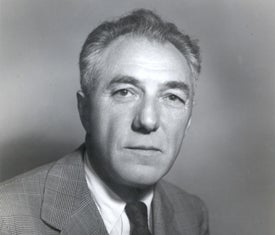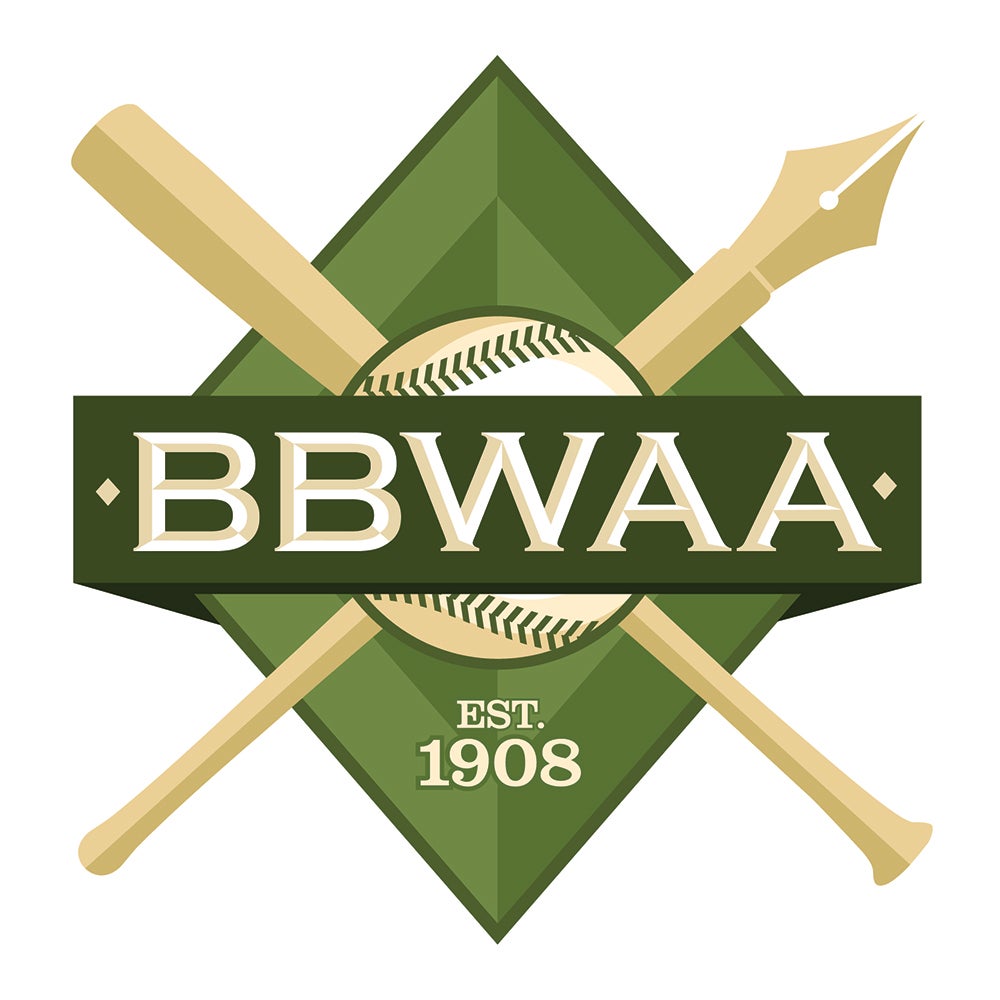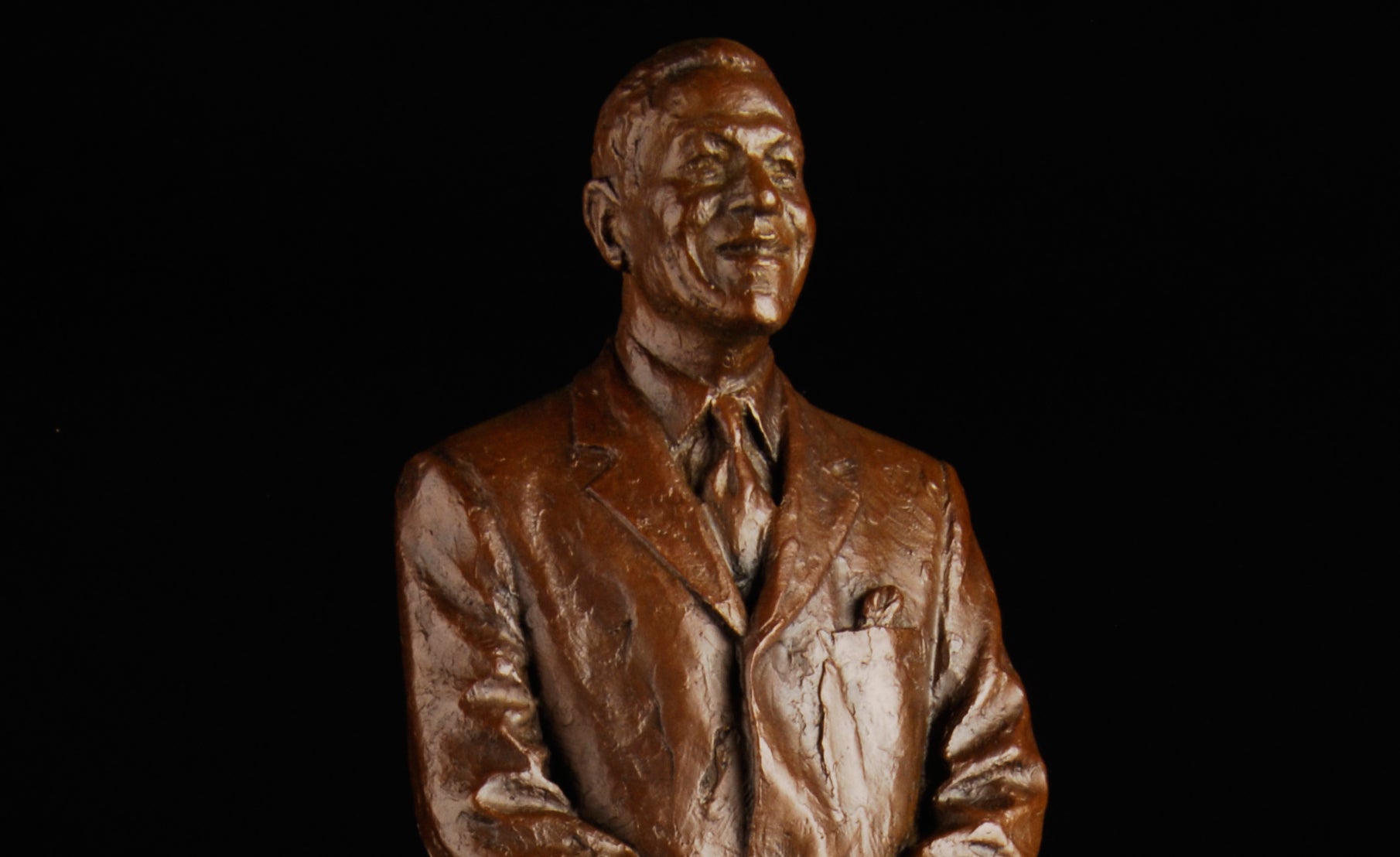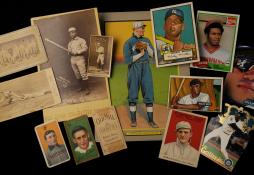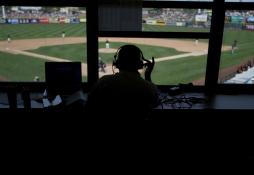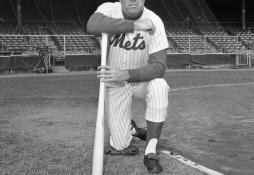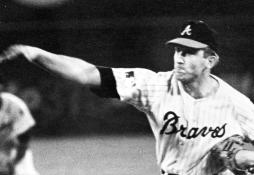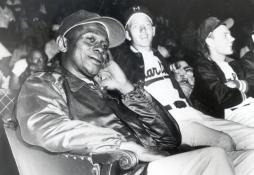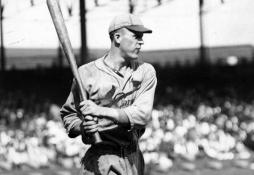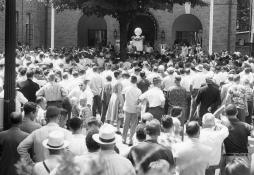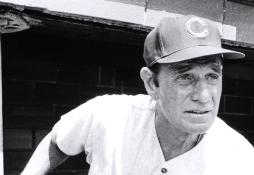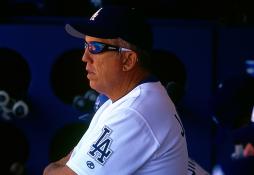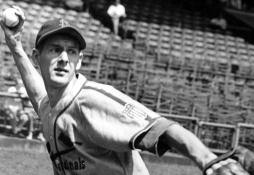- Home
- Our Stories
- Fans Cast Their Votes for Frick Award Ballot Candidates at Museum’s Facebook Page
Fans Cast Their Votes for Frick Award Ballot Candidates at Museum’s Facebook Page
More Than 40 Broadcasters from the ‘Living Room Era’ Eligible for 2015 Frick Award
(COOPERSTOWN, NY) – They stood on the shoulders of pioneers, helping build the National Pastime into a game heard and seen across the nation.
Some of the game’s greatest broadcasters left their mark during the four-decade span of the 1950s through the mid-1980s. This fall, one of them will win broadcasting’s most prestigious award.
The National Baseball Hall of Fame and Museum opened the annual Ford C. Frick Award online ballot vote today, and voting will continue through 5 p.m. ET on Sept. 30, giving fans the chance to select their favorite broadcaster as one of three fan choices on the final 10-person ballot for the 2015 Frick Award. The Ford C. Frick Award has been presented annually since 1978 by the Museum for excellence in baseball broadcasting. Annual winners are announced as part of the Baseball Winter Meetings each year, while awardees are presented with their honor the following summer during Hall of Fame Weekend in Cooperstown, New York.
The 2015 Frick Award online voting reflects a selection process where eligible candidates are grouped together by years of most significant contributions of their broadcasting careers. The cycle continues with the Living Room Era, which features broadcasters whose main body of work came from the mid-1950s to the mid-1980s.
Fans can vote once a day for their favorite broadcaster at www.facebook.com/baseballhall. More than 40 broadcasters are eligible within in the Living Room Era. The totality of each candidate’s career will be considered, though the era in which the broadcaster is deemed to have had the most significant impact will be determined by a Hall of Fame research team.
Broadcasters eligible in the Living Room Era are:
Richie Ashburn, Billy Berroa, Buddy Blattner, Lou Boudreau, Lorn Brown, Rene Cardenas, Paul Carey, Ken Coleman, Orlando Sanchez-Diago, Dizzy Dean, Jerry Doggett, Don Drysdale, Dick Enberg, Jose Garcia, Earl Gillespie, Merle Harmon, Waite Hoyt, Ernie Johnson, George Kell, Harmon Killebrew, Ralph Kiner, Vince Lloyd, Ned Martin, Frank Messer, Al Michaels, Monte Moore, Gustavo Lopez Moreno, Bob Neal, Joe Nuxhall, Bill O’Donnell, Larry Osterman, Gary Park, Jack Quinlan, Pee Wee Reese, Phil Rizzuto, Jean-Pierre Roy, Herb Score, Duke Snider, Bob Starr, Joe Tait, Bill White and Jim Woods.
Following the selection of the three fan ballot candidates through the online vote, a Hall of Fame research committee will set the remainder of the ballot. The final 10-name ballot will be announced in early October.
The 20-member Frick Award Committee will cast ballots during November, with the 2015 winner to be announced during the 2014 Baseball Winter Meetings from San Diego, Calif., December 9-10. The Frick Award electorate is comprised of the 16 living Frick Award recipients and four broadcast historians/columnists, including Frick honorees Marty Brennaman, Gene Elston, Joe Garagiola, Jaime Jarrin, Milo Hamilton, Tony Kubek, Denny Matthews, Tim McCarver, Jon Miller, Eric Nadel, Felo Ramirez, Vin Scully, Lon Simmons, Bob Uecker, Dave Van Horne and Bob Wolff, and historians/columnists Bob Costas (NBC/MLB Network), Barry Horn (Dallas Morning News), Ted Patterson (historian) and Curt Smith (historian).
The three-year cycle for the Frick Award will continue in the fall of 2015 with the Broadcasting Dawn Era, which will feature candidates whose most significant years fell from radio’s earliest days through the early 1950s. High Tide Era candidates, which include broadcasters from the mid-1980s to the present, will next be considered in the fall of 2016.
Thirty-eight broadcasters have been presented with the Frick Award with Mel Allen and Red Barber selected as the first recipients in 1978. A single winner has been selected in each year following, with Texas Rangers voice Eric Nadel receiving the honor in 2014.
Voters are asked to base their selections on longevity; continuity with a club; honors, including national assignments such as the World Series and All-Star Games; and popularity with fans. To be considered, an active or retired broadcaster must have a minimum of 10 years of continuous major league broadcast service with a ball club, network, or a combination of the two.

